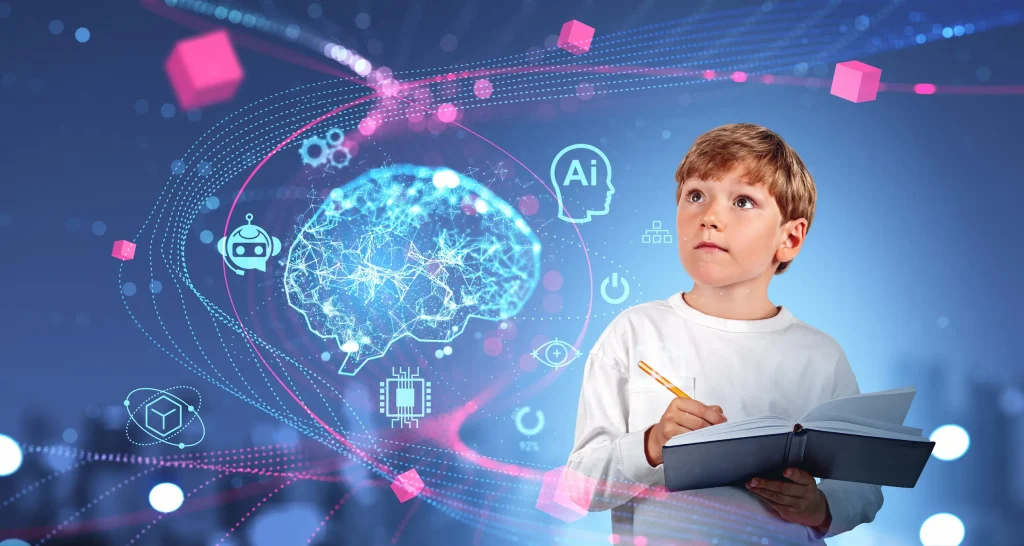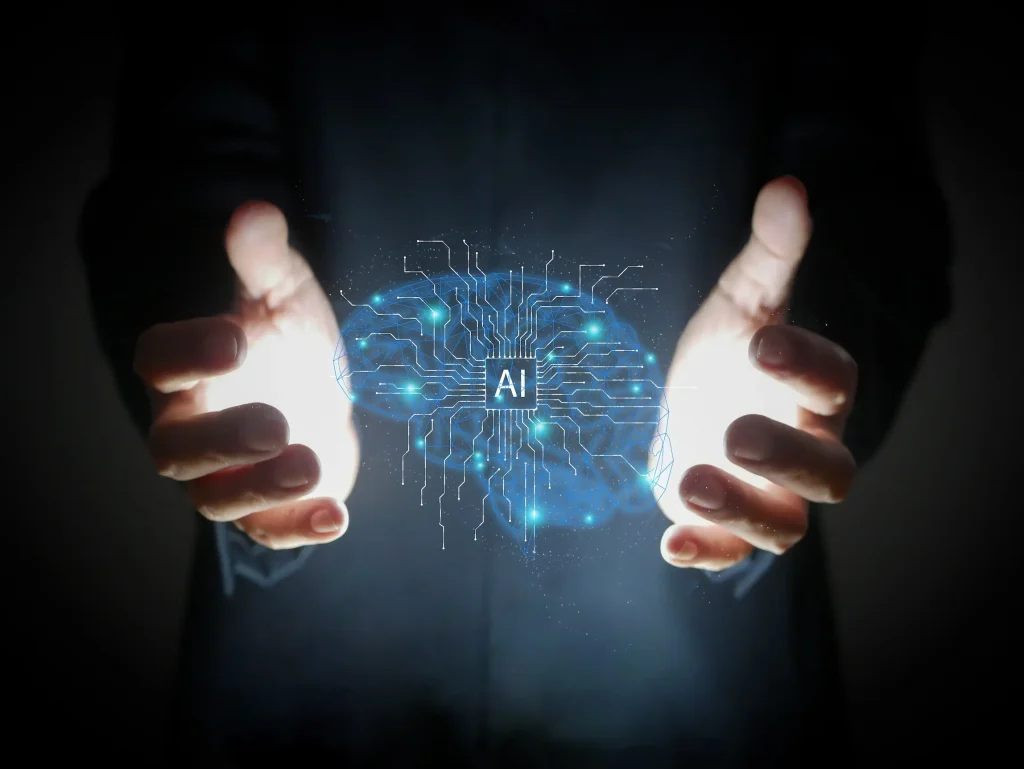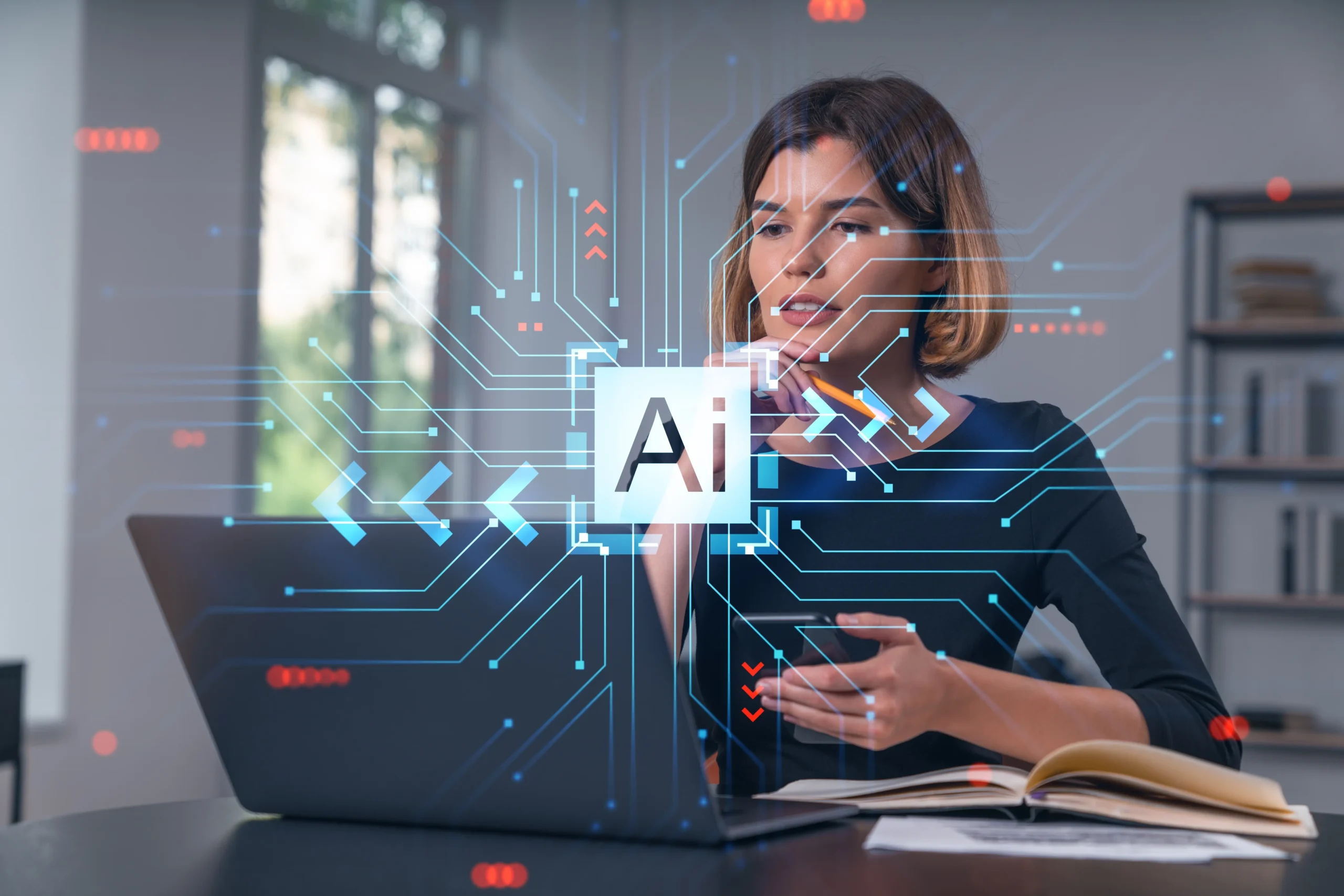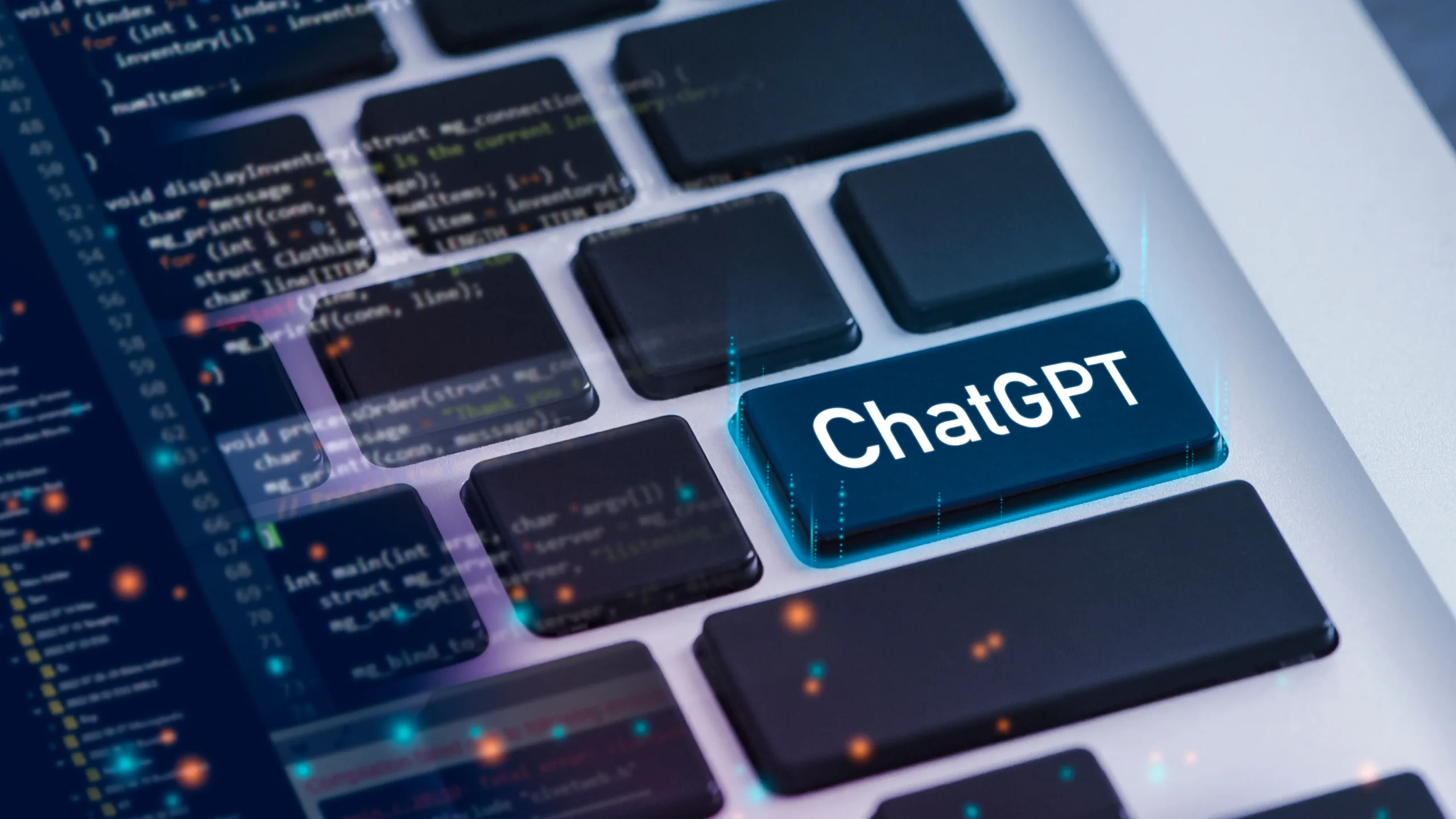Artificial intelligence is revolutionizing education, offering innovative solutions to improve learning and teaching.
From personalizing learning to automating administrative tasks, artificial intelligence is facilitating more efficient and adaptive educational methods.
It also enables more accurate assessments and immediate feedback, improving student achievement.
The future of AI-enabled education looks promising, with immersive learning experiences and global collaboration.
In this blog, we explore how artificial intelligence is transforming education and the opportunities it offers to create a more effective and personalized learning environment.
Personalization of learning
Education is being revolutionized by artificial intelligence, which enables the personalization of learning in ways that were previously unimaginable.
Education has traditionally taken a uniform approach, meaning that all students receive the same instruction at the same pace.
However, each student has his or her own needs and learning styles.
This is where Artificial Intelligence comes into play, offering adaptive solutions that can be tailored to the unique characteristics of each student.
One of the most notable applications of artificial intelligence in personalizing learning is the use of adaptive learning platforms.
These platforms use artificial intelligence algorithms to analyze student performance and interactions, adjusting the content and pace of instruction accordingly.
For example, if a student is struggling with a particular concept, the system can provide additional exercises and specific resources to help them overcome those challenges.
On the other hand, students who have mastered the material can advance more quickly to more advanced content.
In addition, artificial intelligence can provide personalized recommendations for study materials.
Using data on students’ progress and preferences, artificial intelligence systems can suggest books, articles, videos and other educational resources that are most relevant and effective for each individual.
This not only optimizes study time, but also keeps students more engaged and motivated.
Artificial intelligence also helps create personalized curricula.
Teachers can use AI-powered tools to tailor their lessons to the unique needs of their students.
These tools enable more effective, student-centered instruction by identifying areas for improvement and proposing personalized teaching methods.
The ability to provide immediate feedback is another major advantage of artificial intelligence in personalizing learning.
AI-based learning platforms can automatically evaluate learners’ work and provide real-time corrections and recommendations.
For effective learning, this instant feedback helps learners correct mistakes and continuously improve.
In short, artificial intelligence is revolutionizing education by providing solutions tailored to the unique needs of learners.
From adaptive learning platforms to suggested study materials and personalized curricula, artificial intelligence is transforming learning environments.
Artificial intelligence is paving the way for truly personalized, learner-centered education through its ability to analyze data and provide immediate feedback.

Improved evaluation and feedback
In education, artificial intelligence is revolutionizing assessment and feedback, providing more accurate and efficient methods for measuring student performance.
Assessment has historically been a laborious and manual process, subject to human error and bias.
However, the accuracy and speed of assessments are significantly improved by an automated method introduced by artificial intelligence.
The ability to analyze large amounts of data in real time is one of the main advantages of artificial intelligence in assessment.
AI tools can evaluate tests, essays, and assignments with a speed and accuracy that surpasses human capabilities.
For example, AI algorithms can identify patterns in student responses, identify common errors, and provide objective and detailed performance assessments.
This saves educators time and gives them a clearer and more accurate picture of each student’s progress.
In addition, artificial intelligence provides instant feedback, which is essential for effective learning.
Learners can get instant feedback through AI-powered platforms, rather than waiting days or weeks for feedback on their work.
These platforms not only detect errors, but also provide recommendations for improvement.
For example, the AI system can provide a step-by-step explanation of how to solve the problem correctly if a student makes a mistake on a math problem.
This immediate feedback helps students correct their mistakes and better understand the ideas.
Artificial Intelligence can also tailor feedback to the specific needs of students.
Artificial intelligence tools can identify each student’s areas of weakness by analyzing their performance data.
This allows teachers to tailor their teaching strategies to the unique needs of each student, which promotes more effective and personalized learning.
The ability of artificial intelligence to assess complex, high-level skills is another crucial aspect.
Artificial intelligence can assess skills such as creativity, problem solving and critical thinking, whereas traditional assessments often focus on memorization and repetition.
Sophisticated AI systems can better assess students’ cognitive skills by analyzing their reasoning.
In short, assessment and feedback in education are improving significantly with the help of artificial intelligence.
Artificial intelligence is changing the way we assess and improve student performance by automating the assessment process, providing immediate and personalized feedback, and evaluating complex skills.
These advances not only benefit students by providing faster and more accurate feedback, but also help educators better understand their students’ needs and adapt their teaching methods accordingly.

The future of education powered by artificial intelligence
The future of AI-based education promises a significant transformation in the way we learn and teach.
Artificial Intelligence opens new perspectives to create more interactive, personalized and efficient learning environments.
The ability to provide truly adaptive education is one of the main advantages on the horizon.
Artificial Intelligence can analyze each student’s performance in real time to discover their strengths and weaknesses, as well as adapt educational content to meet their needs.
This ensures that all students receive the support they need to maximize their potential.
Artificial intelligence will also be essential for lifelong learning.
The ability to constantly learn and adapt is essential in a world where technology and the job market change rapidly.
To keep professionals up to date, Artificial Intelligence can help identify emerging skills.
By ensuring a competent and adaptable workforce, this will not only benefit individuals, but also strengthen the economy.
Last but not least, Artificial Intelligence is becoming a vital tool for improving education.
The educational experience is being transformed by its ability to personalize learning, automate administrative tasks, and provide more accurate assessments and feedback.
AI-powered education also promises more interactive and global learning environments in the future.
To ensure fair and responsible use of this technology as we move forward, it is critical to address ethical issues.
Artificial intelligence is definitely redefining education and providing significant opportunities for both educators and students.



